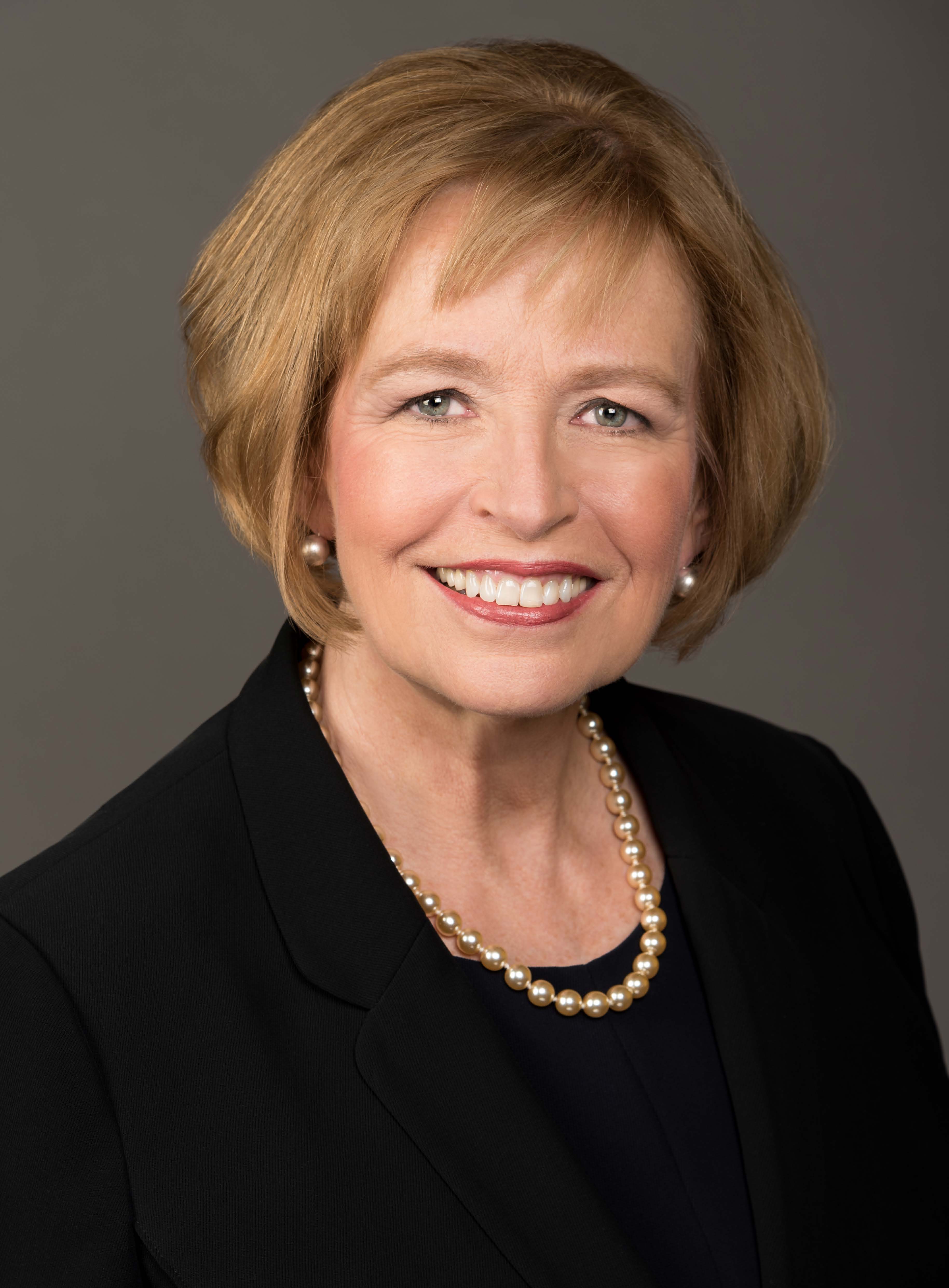2022 Master Lectures
Master Lectures
Bonnie Spring, PhD
When: Thursday, April 7; 2 - 2:50 pm ET
Session title: Whose Job Is Health Promotion and How Can We Get It Done?
|
A little about this talk: In tending to provide “sick care” in lieu of health care, the U.S. tends to de-prioritize the treatment of health risk behaviors as well as the promotion of pro-health ones. This lecture will describe lessons learned in trying to foster integration of health promotion services into a health care delivery system, including the impact of optimization research in the process and exciting prospects regarding a role for health promotionists and community health workers in improving health. |
|
Sabrina Strings, PhD
When: Thursday, April 7; 2 - 2:50 pm ET
Session title: How the Racialized Terror of Fat People Came to Dominate Medicine (And How We Shift the Paradigm)
|
A little about her talk: In this lecture, we will explore the racial origins of fatphobia. We will discuss how fat stigma (initially an ethno-cultural affectation) entered the medical field. The talk will conclude with a consideration of how fat misia shows up within contemporary treatment recommendations for a variety of diseases (e.g. Covid-19) in ways that create obstacles to addressing deeply rooted racial and gendered health disparities.
|
|
Julia Watson
When: Thursday, April 7; 2 - 2:50 pm ET
Session title: Lo–TEK: Radical Indigenism and Traditional Ecological Knowledge
|
A little about her talk: Influenced by a confluence of humanism, colonialism, and racism, intellectuals of the European Enlightenment constructed a mythology of technology that ignored local wisdom and indigenous innovation, deeming it primitive. Designers today understand the urgency of reducing humanity’s negative environmental impact, yet perpetuate the same mythology of technology that relies on exploiting nature. Lo–TEK, derived from Traditional Ecological Knowledge, is a cumulative body of multigenerational knowledge, practices, and beliefs, countering the idea that indigenous innovation is primitive and exists isolated in technology. It is sophisticated and designed to work sustainably with complex ecosystems. In order to stop and eventually reverse the effects of climate change, we must embrace ancient knowledge and work in symbiosis with our environments. |
|
Laura L. Hayman, PhD, RN, FAAN, FAHA
When: Friday, April 8; 2 - 2:50 pm ET
Session title: Health Engagement: A Life Course Socio-ecological Perspective
|
A little about her talk: Viewed through the lens of a life course socio-ecological perspective, this presentation will focus on the importance of health engagement beginning early in life and extending across the life course. Emphasis will be on both individual/clinical and population-based approaches to promoting engagement in health and healthcare and the social determinants of health. |
|
Steve Downs
When: Friday, April 8; 2 - 2:50 pm ET
Session title: Can We Stop Making It So Hard to Be Healthy? The Role of the Product Environment in Shaping Health Behaviors
|
A little about his talk: This lecture will discuss the role of the “product environment” i.e. popular products and services, on the health behaviors of their customers and thus on the epidemic of chronic disease. The Building H Index, an approach to creating transparency and accountability for companies that are responsible for the product environment, will be introduced. |
|
Christine Ritchie, MD, MSPH
When: Friday, April 8; 2 - 2:50 pm ET
Session title: The Unmet Needs of Those Living with Dementia and their Care Partners: Gaps and Opportunities for Better Care
|
A little about her talk: The past two years have shown us that the 6 million Americans living with dementia were at significantly increased risk for COVID-19 and secondary negative outcomes, exacerbating known care gaps and disparities. In this master lecture, we will review care gaps in dementia care, how COVID-19 has deepened these gaps and opportunities to address these gaps going forward. |
|







